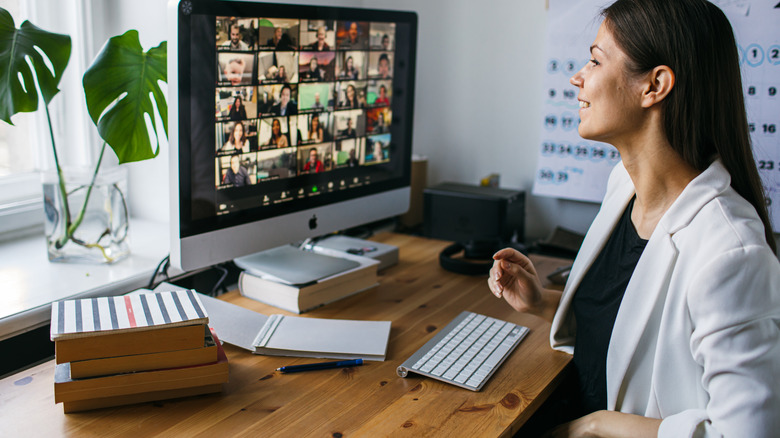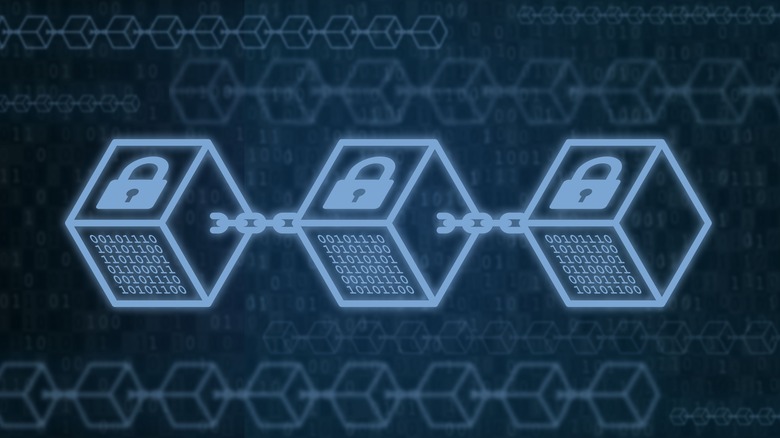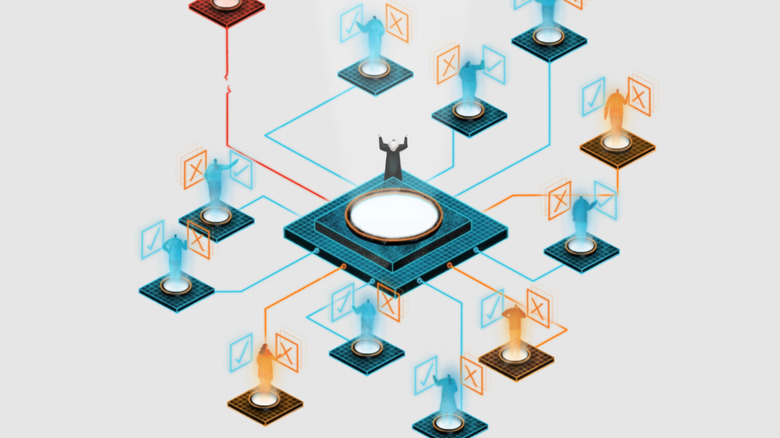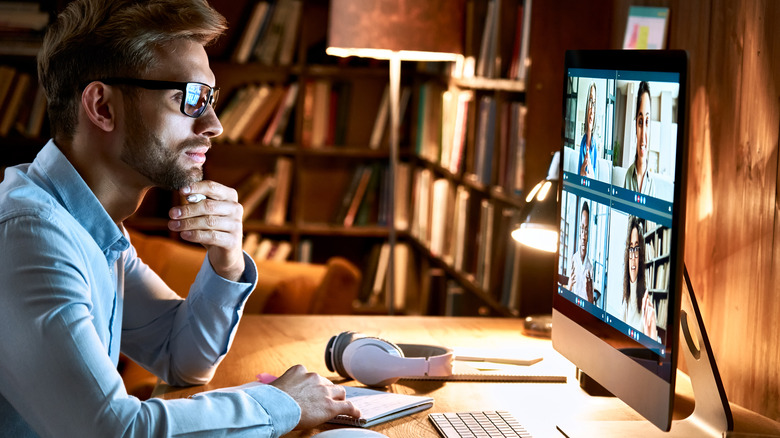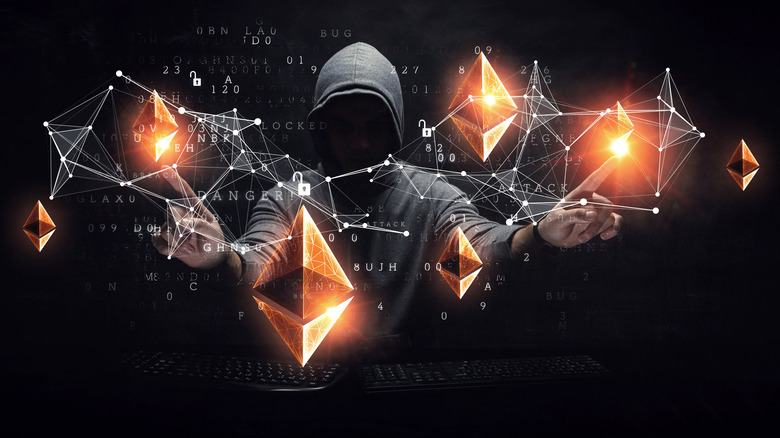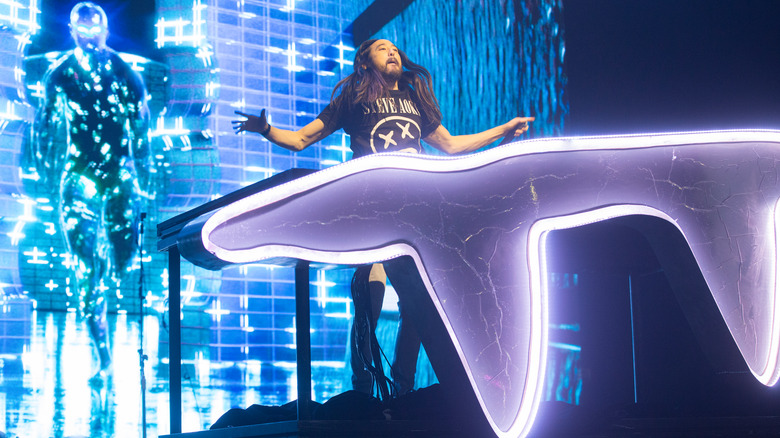What Is A DAO?
The outbreak of COVID-19 has bestowed us with many lessons. While most of them were bitter in essence, a positive takeaway from being locked down in our homes was the discovery of the fact that people can function effectively without being constantly monitored and micromanaged. The pandemic sparked a debate about the future of work, convincing employees that working from home is not only more productive but can also offset unnecessary expenses, including transportation to and from the office. Meanwhile, it also helped companies realize they can conserve power bills while letting employees function from the comfort of their homes. But long before this pandemic forced us to glance in this direction, technology enthusiasts have been envisioning the idea of a virtual Decentralized Autonomous Organization, or DAO.
A DAO is an organization with equal ownership by participants. You can imagine it as an organization owned and controlled by the employees that take collective decisions for the betterment of the institution. There are no bosses, no central management making or bending the rules, which, in a DAO, are controlled by a piece of code. With phenomena like the metaverse picking up steam, we can see a potential increase in organizations like these.
If this framework of organization interests you, stick around. In this explainer, we will tell you what a DAO is, how it functions, and the advantages and disadvantages of this structure.
What is a DAO?
A Decentralized Autonomous Organization or DAO is a coordinated outfit of people striving towards a common — usually financial — goal without any hierarchy or leadership to oversee activities or manage employees (via Fortune). This group of individuals jointly owns the organization while the ownership is communicated by means of smart contracts on a digital ledger i.e., a blockchain network.
The rules governing the organization are permanently stored on a blockchain. These rules can be as simple as defining how the decisions are made or ensuring that every member in the organization commits a certain amount of time or financial assets to the growth and development of the organization. Due to its decentralized nature, the rules of a DAO are not bound by a country's law — even though the profits made by an individual might be subject to the local legislation on taxes.
The uniform distribution of authority in a DAO means no leader is instructing the group. Since the group is trussed and secured with blockchain, decisions are made collectively through voting, and every participant gets to exercise an equal say. Furthermore, because of being based on a blockchain, a Decentralized Autonomous Organization or DAO exists primarily online and comprises people that may not even know each other in real life.
How does a DAO work?
Blockchain is the fundamental principle underlying the working of a DAO, and that means every participant must buy specific tokens or cryptocurrency to be a part of the organization. A DAO usually operates on an Ethereum network, the second largest blockchain network in the world after Bitcoin. A blockchain protects the organization's finances, which makes it impossible for any one member to guzzle funds unfairly.
In a DAO, "there's no CEO who can authorize spending based on their own whims," in the words of Ethereum, "and no chance of a dodgy CFO manipulating the books." The distribution of control among all the organization members leads to uttermost transparency.
The rules governing the DAO are protected by smart contracts on a blockchain, and no one member can change or tamper with them. Any change in a DAO is implemented through voting, and the outcomes of the votes are enacted automatically without having to rely on a mediator or a third party. It is worth noting that while all votes are equal, one member may have more authority — and therefore, a higher number of votes — based on the tokens purchased or cryptocurrency invested by them in the organization.
Bitcoin was fundamentally considered a DAO since all those who have invested in the network agree to a common set of rules and strive towards a common objective i.e., to increase the value of Bitcoin in exchange for fiat currencies and eventually even replace fiat currencies with it. However, since Bitcoin does not allow stakeholders to vote, it may not fully justify the definition of a DAO.
In contrast, another cryptocurrency called Dash can be considered a true DAO because it comes with a decentralized governance model, allowing holders of the token to offer proposals and engage in voting to decide the future of the platform. Besides financial gains, DAOs can also be effective as non-profits and charity organizations. One famous example is MolochDAO, which was created "with the sole intention of giving it all away to fund Ethereum infrastructure."
Benefits of a DAO
The most significant benefit of a DAO is trustworthiness. Because the organization's control is shared among all the contributors or stakeholders, no change or decision can be taken without taking everyone in confidence. Once approved by the entire community, the change is incorporated automatically without any unfair bias towards or advantage to any of the members. Furthermore, smart ledgers ensure that the entire transactional history of the organization is stored forever and shared with each member, leading to complete transparency.
Since a DAO is operated on the pre-formulated rules without any special rights to just one or a few of the members, the stakeholders can easily pin their trust in the system and participate in funding a project or coin without knowing other members personally.
Other than trustworthiness, a DAO promotes innovation and excellence. This is because every participant in the organization is rewarded based on the project's performance in proportion to their initial investments in it. No one gets exceptional returns, and as a result, everyone is motivated to contribute to the collective good instead of just looking at this as a regular remuneration or salary.
Not just that, no one can unfairly manipulate books or siphon funds to their personal accounts. Profits are reliably and appropriately delivered to all members.
Proponents of the framework also suggest that smart contracts be excellent alternatives to classical legal contracts for they are smaller, quickly produced, and can be easily automated.
Lastly, members of a DAO have a common larger goal to fulfill, and instead of a hierarchical setup, a peer-to-peer model drives the initiative. This framework not only leads to a coherent work environment with result-driven collaboration but can also potentially bring an end to issues like office politics. To be fair, because DAOs haven't fully replaced traditional offices, their impact on the dynamic between humans is subject to test, but lack of human control does instill hope for a bias-free workplace.
DAO drawbacks
Besides the discussed benefits, DAOs also pose some disadvantages. Foremost is the fact that since DAOs are not governed and regulated under the law of a single jurisdiction, they are prone to different views from different governments. Many governments worldwide are still critical and apprehensive of cryptocurrencies, and the same cynicism can be expected towards DAOs.
In 2017, the US Securities and Exchange Commission (SEC) established that a distributed organization called The DOA exchanged securities in the form of ether (the cryptocurrency based on Ethereum blockchain) tokens without proper approval and thereby violated the laws related to securities in the US.
Besides legal troubles, blockchains are susceptible to attacks from malicious actors. According to blockchain analytics firm Elliptic, fraud on blockchain accounted for losses worth $12 billion in 2021. A similar fate met The DOA, which ended up losing $50 million (via The New York Times) to a breach in the organization's blockchain in 2016. The incident eventually led to the organization shutting down.
Additionally, the idea of distributed organizations and workplaces also leads to questions about the efficient functioning of an organization without leadership. Meanwhile, some experts, including MIT Technology Review bureau chief Tom Simonite believe people often make the wrong choices when trusted with a financial decision on a mass scale because they may not be as well-informed as an experienced venture capitalist.
Besides potential problems, DAOs also earn the same general skepticism as any other blockchain-related currency or product. These products have a long way before overcoming this distrust and being seen as an adequate replacement to traditional workplace or fundraiser arrangements.
Where are DAOs being used today?
Despite criticism, DAOs have seen significant traction, especially in terms of charity fundraisers. Modern-day DAOs also help promote co-ownership of NFTs (Non-fungible Tokens), thereby bypassing their disadvantage, which is single ownership.
Organizations such as PleasrDAO and FlamingoDAO have allowed crypto enthusiasts to chime in and contribute to the combined ownership of rare NFTs. Jenny DAO, which claims to be the world's first metaverse DAO, helps its contributors own NFTs collectively using its own social cryptocurrency called Unicly. The organization bought its first NFT, a song by 3LAU and Steve Aoki, in May 2021.
Friends with Benefits is a DAO empowering its members to "foster creative agency" by running a start-up incubator, a music discovery and promotion platform, and a crypto news website.
Komorebi Collective (via TechCrunch) is a DAO funded by female blockchain investors who will invest in crypto ventures founded by other female and non-binary crypto enthusiasts.
With the growth of Web3 in 2022, DAOs are set to rise upward and become an active component in enabling small-scale crypto investors while also broadening the scope of Decentralized Finance (DeFi) related activities, as per Crypto News. The publication projects that DAOs are not only helpful in enabling small investors to become active participants in decision making but also "serve as an effective mechanism to offload risk amongst a pool of community members."
Mark Cuban, an American billionaire and one of the "sharks" on the TV show Shark Tank, tweeted in June 2021 that DOAs are the "ultimate combination of capitalism and progressivism." He believes any company "can be more efficient and productive using a decentralized, trustless approach."
While Cuban's views may not be the most popular opinion in the business world, we can expect some incredible changes as we witness the onset of Web3 and metaverses. As organizations build products to disrupt, we can expect them to give their members a fair chance at governance and decision-making.
